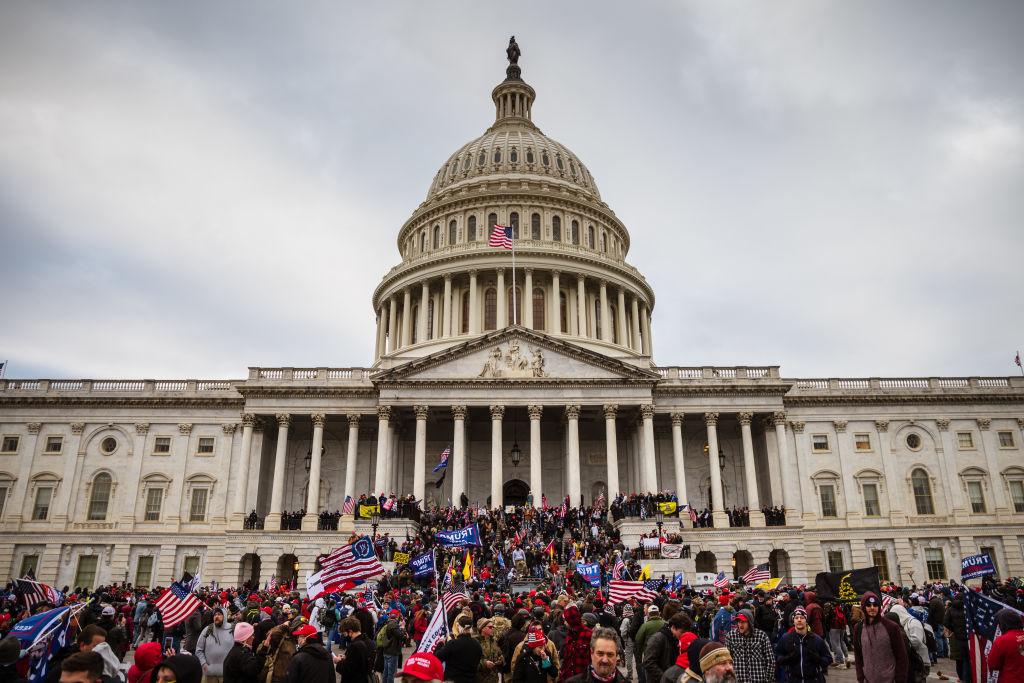A recent filing (pdf) in the case of one Jan. 6 defendant revealed that Google provided the FBI with location data for 5,723 cellular devices that were determined to be near the U.S. Capitol that day.
Filed on Oct. 17 on behalf of defendant David Rhine, the motion urged the court to suppress Google location history evidence, and “the fruits of that evidence,” that had been submitted by the government on the grounds that the information had been obtained by a “modern-day general warrant” in violation of the Fourth Amendment, which prohibits unreasonable searches and seizures.





